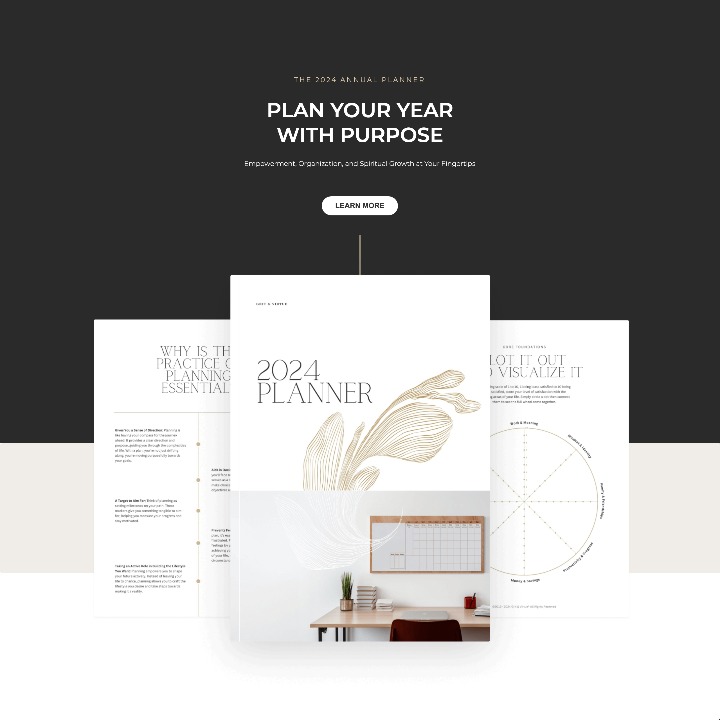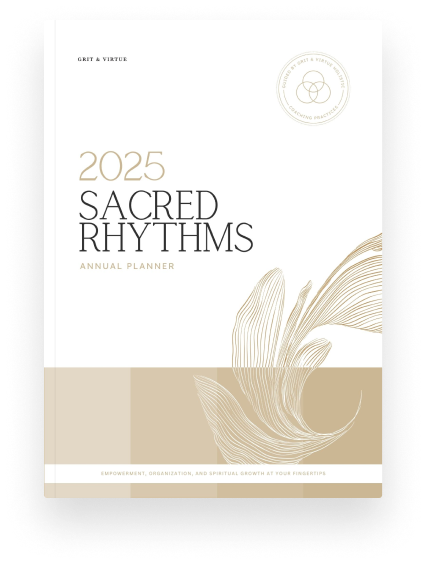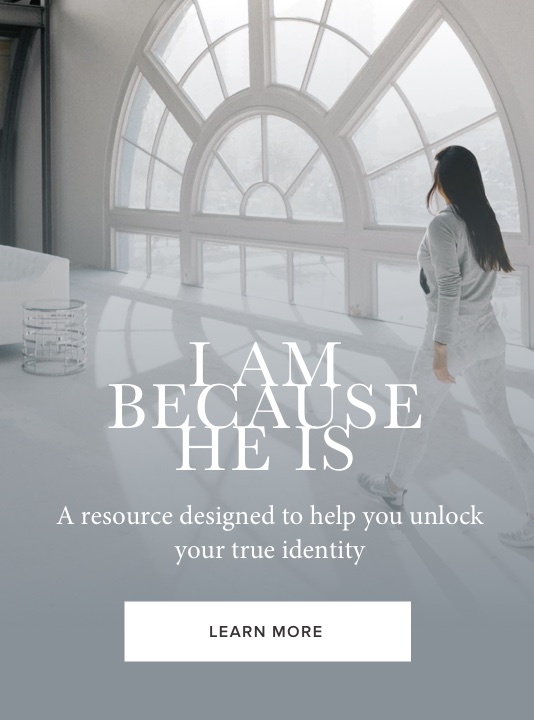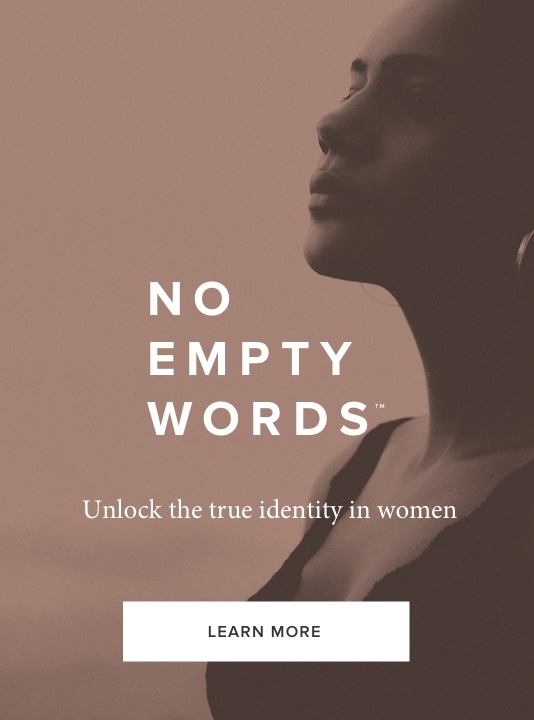We endorse the idea of boundary setting with our micromanaging boss and nosy extended family members to establish healthy relationships, so why would our most important, most intimate relationship, marriage, be any different?
But what do you mean you should have boundaries in marriage?! With eyebrows raised and mouths dropped open, the expressions on the faces of the women at wine night said it all when I floated this idea.
This idea was not one that I arrived at overnight. In fact, it took three messy early years of marriage to begin to endorse. Boundaries are expected in dating relationships. You’re not expected to show them all your bank statements, talk about childhood trauma, or disclose your political party affiliation.
Yet, the day you walk down the aisle, exchanging vows and rings, poof, it’s expected that all the boundaries are supposed to just disappear. It’s a hard right turn when you go from dating, where there are normal and expected boundaries, to being married where all bets are off, and boundaries fall by the wayside.
With the premise that limits can actually increase the health of a relationship, it’s completely backwards to treat marriage any differently when it comes to boundaries.
When I first began to ponder the necessity of boundaries in marriage, I felt like I was wading into treacherous territory. In every other area of my life that I had boundaries, they were a good thing, providing safety, promoting healthy relationships, and delineating my priorities.
I don’t respond to work emails on the weekend to protect my time off with my husband, family, and friends. I chose not to answer my phone at the table whether at home or at a restaurant because, barring an emergency, the people around the table are more important than anything else at that time. These boundaries serve to protect my priorities and communicate what is valuable and important to me.
But in marriage it seemed counterintuitive to set boundaries.
Simply put, boundaries reveal what is okay and what is not.
When we approach boundaries in marriage with that simple view, we set our relationship up to grow and thrive.
Boundaries aren’t a crazy list of what not to do. They’re usually small and seemingly insignificant, but their importance and impact is huge. Boundaries in our marriage look like not making fun of the idiosyncrasies of one anothers family. His family has the weirdest sayings that are entirely made up euphemisms, while mine think ‘road trip’ is synonymous with show tunes sing-along. Boundaries involve choosing to engage in serious conversations when one of us initiates it rather than joking, or making light of a situation, even if the conversation is difficult and uncomfortable.
A simple boundary I have set is that, until my husband has had his coffee and breakfast in the morning, I don’t ask him to help with anything around the house. I don’t ask him to take out the trash. I don’t ask him to help unload the dishwasher — nothing. That boundary is one of respect for him, knowing that he likes to wake up slowly and have his coffee and breakfast. Then, he will be fully present and ready to start a new day with me.
On a more serious level, when we get into conflict and tension begins to escalate, if one says ‘I need a timeout’ the other person gives them space and respects what they’ve asked – no more discussion, no last words, nothing, until that person calls a ‘time in.’ That’s a boundary that has served to prevent small disagreements from becoming elevated fights, protecting us from speaking words we’ll later regret and shielding us from being the recipient of harsh words.
We never joke about the others body, not when we’re lounging around the house in sweatpants, not when we’re hitting the beach in our swimsuits and unquestionably not during sex. This boundary has created freedom and safety, trusting that we will never hear a critical remark or joke from the other about our bodies. This boundary has deepened the emotional and physical intimacy we experience together through the freedom of vulnerability.
Boundaries can seem crazy and big, but in reality, they are simple and small rules of engagement, stating what is ok and what is not ok. In relationships, boundaries don’t inhibit growth. They foster it. Boundaries don’t limit connection; they provide a safe framework for vulnerability.
Boundaries aren’t bad, and in marriage, in fact, the best marriages are the ones with boundaries. Boundaries are imperative to promoting emotional and relational health that provide a framework of safety by which we can know a deeper, richer and truer love.
Enjoyed it? Share it!
Meredith Boggs
Meredith Boggs is the writer & speaker of The Other Half blog & podcast. She's known by sharing transparently the real half life that doesn’t make the social media highlight reel, addressing topics including body image, personal + spiritual growth, the Enneagram & marriage. She is a critical care nurse & sexual assault forensic nurse examiner by trade, lives in Nashville, Tennessee with her high school sweetheart now husband, Justin, and their black lab Lady.
But wait, there's more...


















